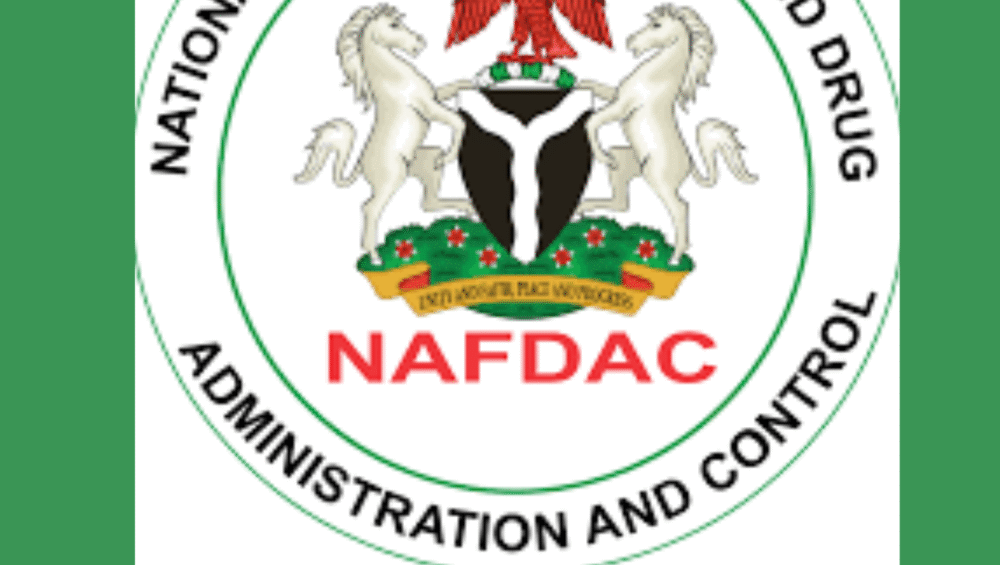In a bold step to tackle the menace of counterfeit and substandard medicines in Nigeria, the National Agency for Food and Drug Administration and Control (NAFDAC) has introduced three major regulatory tools aimed at tightening drug safety and accountability.
The new measures, unveiled during a two-day stakeholder workshop in Lagos, include the NAFDAC Green Book, the 2024 Pharmaceutical Products Traceability Regulation, and the 2024 Paediatric Regulation.
Speaking at the event, NAFDAC’s Director of Post-Marketing Surveillance, Fraden Bitrus—representing Director-General Prof. Mojisola Adeyeye—described the Green Book as a critical digital platform for verifying the authenticity of medical products. “This is an online weapon against fake drugs,” Bitrus said. “If a product is listed in the Green Book, it is genuine. If not, consumers should beware.”
The Green Book allows users—including pharmacists, healthcare professionals, and patients—to confirm whether a product is registered by entering its name, brand, or NAFDAC registration number. The platform is designed to empower the public and curb the distribution of falsified medicines.
Bitrus called on pharmaceutical manufacturers to submit complete product data for inclusion in the Green Book. “Without full information, the database cannot serve its purpose,” he warned.
Another key announcement was the 2024 Pharmaceutical Traceability Regulation, which mandates that every drug must carry a unique identifier for tracking across the supply chain—from manufacturer to end-user.
“Nigeria is the first in Africa and second globally to deploy this level of traceability,” Bitrus said, noting that a successful pilot was conducted during the COVID-19 vaccine rollout. He added that high-priority medicines like antiretrovirals and narcotics are currently under the traceability scheme, with plans to expand further.
The agency also demonstrated its Scan-to-Verify App, a mobile tool that allows real-time drug authentication.
Addressing child health, NAFDAC introduced the Paediatric Regulation 2024, a policy tailored to ensure that medicines for children meet specific safety and efficacy standards. “This regulation recognises that children are not small adults—they have unique needs,” Bitrus said.
NAFDAC’s Southwest Zonal Director, Mrs. Roselyn Ajayi, stressed the need for multi-sector collaboration, noting that “NAFDAC alone cannot win this fight.” She urged stakeholders to stay informed and involved in the rapidly evolving regulatory landscape.
Colonel Zaidi Mustapha of the Nigerian Army Medical Corps, who represented the Corps Commander, praised the initiative. “Workshops like this improve our readiness to deliver safe, quality healthcare. This is the kind of support frontline professionals need,” he said.
The workshop closed with a unified call for vigilance, collaboration, and continued innovation in the fight against unsafe medical products.





